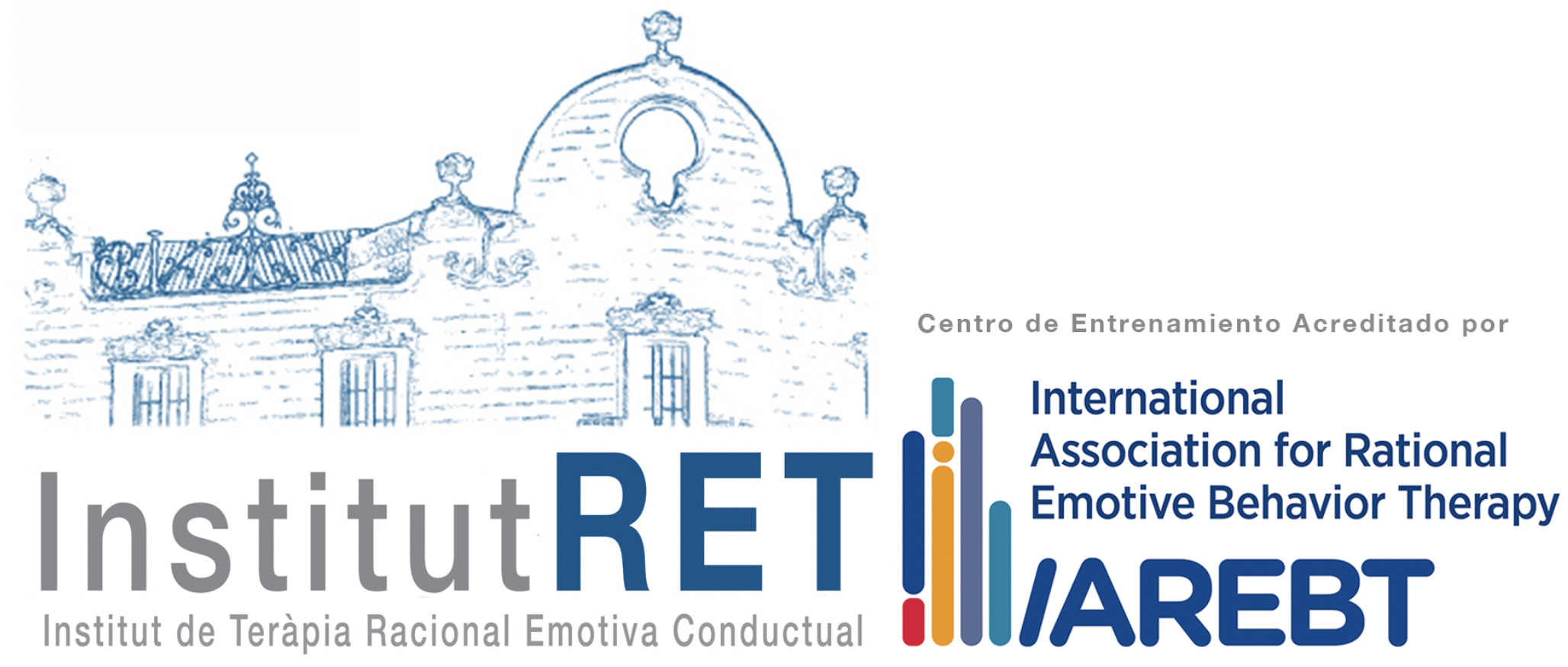There’s more than catastrophizing in chronic pain: low frustration tolerance and self-downing also predict mental health in chronic pain patients
Carlos Suso-Ribera, Montsant Jornet-Gibert, Maria Victoria Ribera Canudas, Lance M McCracken, Alberto Maydeu-Olivares, David Gallardo-Pujol
Descargar el artículo completo: https://link.springer.com/article/10.1007/s10880-016-9454-y
Abstract
Among the potential range of irrational beliefs that could be used as predictors of physical and mental health, catastrophizing is the process that has received most attention in chronic pain research. Other irrational processes such as demandingness, low frustration tolerance, and self-downing have rarely been studied. The goal of this study was to explore whether this wider range of beliefs is associated with health in chronic pain patients beyond catastrophizing. A total of 492 chronic pain patients completed a measure of irrational beliefs, a measure of physical and mental health, and a numerical rating scale designed to assess pain intensity and interference. Irrational processes were more strongly associated with mental than with physical health. Low frustration tolerance and self-downing were found to be significantly related to mental health even after controlling for the effect of catastrophizing. Processes other than catastrophizing appear to have potentially important relationships with the mental health of people with chronic pain. These results may offer new intervention targets for practitioners.

Codirector del Institut RET y del Posgrado y Máster en Terapia Racional Emotiva Conductual. Licenciado en Psicología por la Universidad de Barcelona (UB). Psicólogo General Sanitario colegiado nº 11.700 (COPC) con la acreditación de Experto en Psicoterapia por la EFPA (Federación Europea de Asociaciones de Psicólogos) otorgado por el Consejo General de Colegios Oficiales de Psicólogos (COP). Supervisor Internacional en Terapia Racional Emotiva Conductual y miembro asociado al Albert Ellis Institute de New York. También tiene formación de Posgrado en Terapia Sexual y Terapia de Pareja por el Instituto Superior de Estudios Psicológicos (ISEP) y por la Universidad de Barcelona (UB), y entrenamiento en EMDR (Desensibilización y Reprocesamiento por los Movimientos Oculares) por el EMDR Institute de San Francisco.
Presidente de la Asociación Española de Terapia Racional Emotiva Conductual (AETREC) y miembro de la Sociedad Catalana de Sexología Clínica (SCSC), de la Sociedad Catalano-Balear de Psicología (SCBP) de la Academia de Ciencias Médicas y Baleares (ACMB), de la Federación Española de Sociedades Sexológicas (FESS) y de la Asociación de Especialistas en Sexología (AES).

